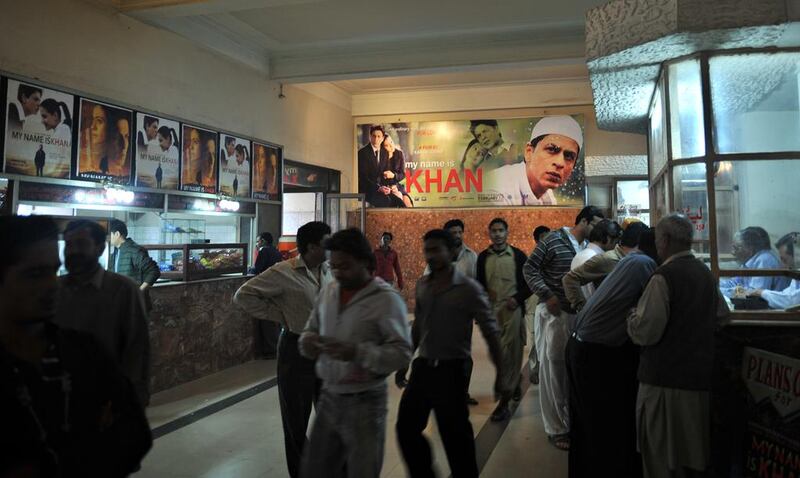Despite border skirmishes and neighbourly acrimony, Bollywood films continue to provide a lifeline to Pakistan’s film industry, says leading filmmaker Jamshed Mahmood Raza.
“It’s very simple: we are cousins,” says Raza. “We share the same language. We share the same songs. We had cinemas, but we were not making films. New cinema spaces emerged because of Bollywood. Once this happened, the filmmakers were ready. We can’t make films if there are no cinemas to screen them. Bollywood is still giving CPR [cardiopulmonary resuscitation] to our industry.”
Raza, whose new film Moor has been selected as Pakistan's official entry for the Academy Awards, was screened at the 46th edition of the International Film Festival of India (IFFI) in November.
Moor, which means mother in Pashtun, is set in the terror-ridden region of northern Balochistan in Pakistan, where some families are run by women who single-handedly stand up to the mafia and fight corruption.
“My film might feel slightly abstract for the Pakistani audience. Critically, it’s one of the best, but financially it’s probably the worst right now. Moor was not seen as a film for the masses – and so we were allotted 11am matinée timings. I mean, nobody ever comes to a cinema on a weekday at 11am. We were sidelined and marked as an art film,” said Raza.
Witty to a fault, Raza said this probably was why the film was selected as Pakistan’s entry for the Oscars.
"Well, if you look at all the last Oscar entries, only Whiplash and a few others made money. It's interesting – if you don't make money, it is pretty much of a guarantee that you will make the Oscar entry," he says.
Dressed in jeans and a black kurta, the tall, bearded and balding Raza looks a lot like Rohit Shetty, the Indian director with a flair for over-the-top films. But the comparison between the two directors ends when Raza mentions the influence legendary American director Stanley Kubrick has had on his work.
“My story is not the kind you hear from Bollywood or Lollywood. I was trained in an American film school. I loved Kubrick and in Pakistan not many people understood him,” says Raza.
It also explains why he chose to film part of the movie in the war-torn region of Balochistan, where the film is set.
“Balochistan is sensitive. We have Taliban insurgencies going on there, too. It was tough working there, but it was secure in a way because we went through many security agencies.
“The army and the government were really protecting us because we had an American with us, a Pakistani-American, and they don’t want any kidnapping cases,” he says.
Raza, who is a fan of Bollywood actor Aamir Khan, is strongly critical of Pakistan’s policy to ban Indian films, pointing out that in 1971, when Pakistan introduced a ban on Bollywood films from being shown in local cinemas, it sounded the death knell for the Pakistani film industry.
“In 1971 we banned Indian films [it was lifted in 2006], and our industry was destroyed – but not the Indian industry,” he says.
But hope is still there, says Raza: there are signs of a cultural revival all over the Pakistan. “So many bands are coming back, so many films are being made, so many cinema halls are coming up. There is definitely a change on cards,” says the filmmaker.
* IANS





